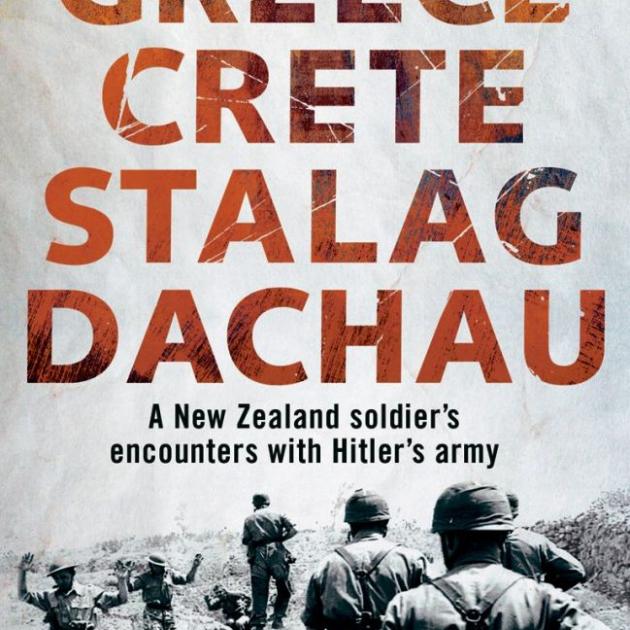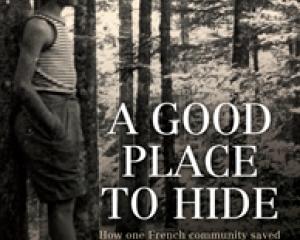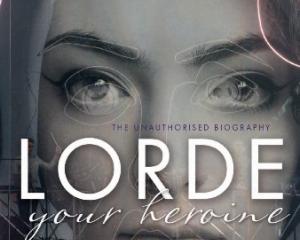
So why would you read another account of one man's World War 2? There are several reasons. Daughter Jo Elworthy has done a good job of editing Jack's notes (he died in 1999). Short opening paragraphs set the scene. The photographs are good. The back matter provides information on slang, army terminology and people mentioned.
Awa Press has also done a good job of typesetting and design, making it easy and pleasant to read.
The main reason, though, is that the book is well-written and reflective, an engaging story of one man's eventual adjustment to his past.
Jack Elworthy was 28 when he left wife Lilian and young baby John and sailed from Wellington to fight in the war. The book follows training, transport by troopship and arrival in North Africa. Then he found himself thrown into the disasters of Greece and Crete, being captured on the latter island twice and shipped to German prisoner of war (POW) camps.
Elworthy describes POW life in great detail. As a noncommissioned officer, he often had to take responsibility far above his pay grade, as we would now say.
After liberation by the Americans he broke the rule books and informally joined an American unit to rejoin the fight against the crumbling German Reich. That decision took him to Dachau and got him into trouble with the British military bureaucracy.
Why did he do it? As he says, many of his fellow POWs worried about their reception.
''We had spent four years in reasonable safety while many thousands of soldiers had been fighting and getting killed ... There was a feeling of shame. We felt we hadn't done as much as others.''
In some ways the most illuminating part is the final short section, about his belated return to New Zealand in 1947. Although readjustment to civilian life was often difficult, few men wrote about it. Elworthy is quite frank.
''Lilian and I were courteous and polite to each other, as if our roles were those of a hostess and a visiting family friend.''
He found the materialism of peacetime society difficult. In the prison camps he had got used to everyone sharing what little they had.
''It was just not on to have two jerseys in your pack when the man next to you had none and was shivering.''
Eventually he made the necessary adjustments and remained with the army until 1956. Far from thinking his seven years away wasted, he later understood: ''I saw a lot, and learned a lot about other people and myself. I had been one of the lucky ones.''
- Gavin McLean is a Wellington historian.



